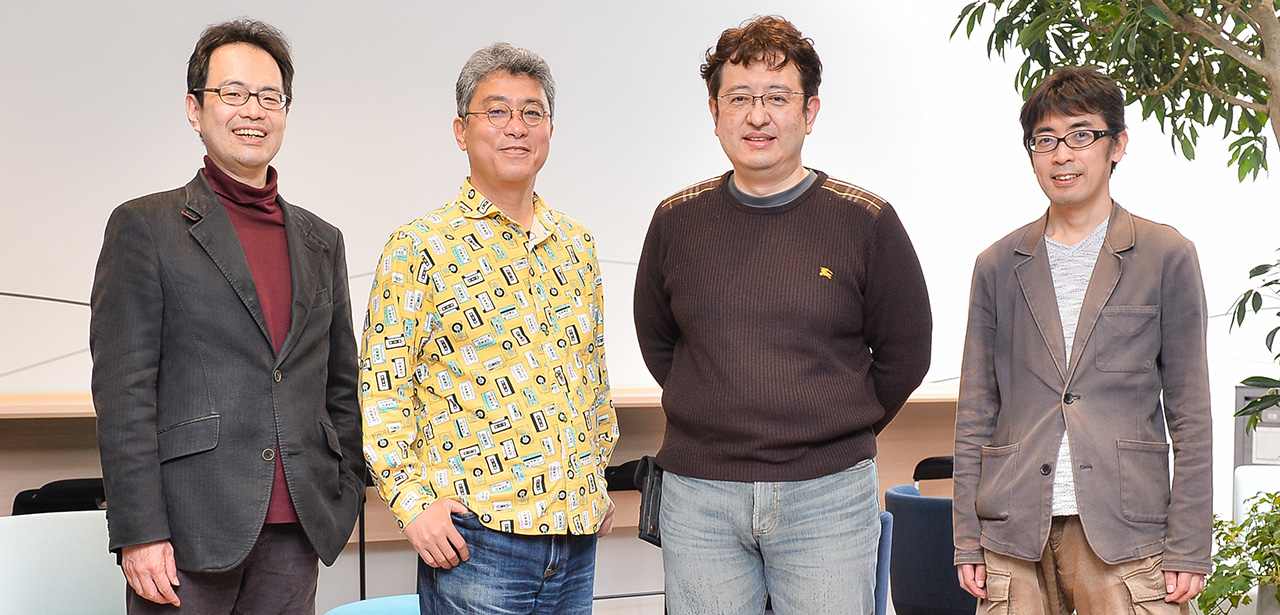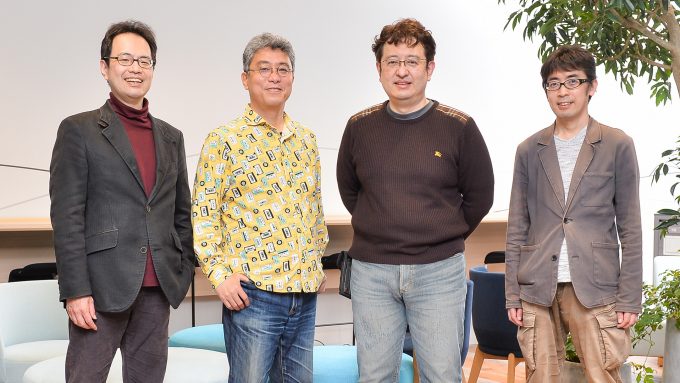“WE DISCUSS VANA’DIEL” is a series of conversations between Producer Matsui and special guests who are familiar with FINAL FANTASY XI (FFXI). In this special edition, FFXI Director Yoji Fujito joined Producer Matsui to speak with our guests. Our guests for this roundtable are Akio Setsumasa and Tsuyoshi Agura, developers of the pioneer series of Japanese online RPGs, Phantasy Star Online. The four developers, who experienced the dawn of online RPG development for consoles, discussed the challenges they faced and other stories from behind-the-scenes. In this third part, Producer Matsui and Director Fujito shared their impressions of Phantasy Star Online during its release nearly two years before FFXI.
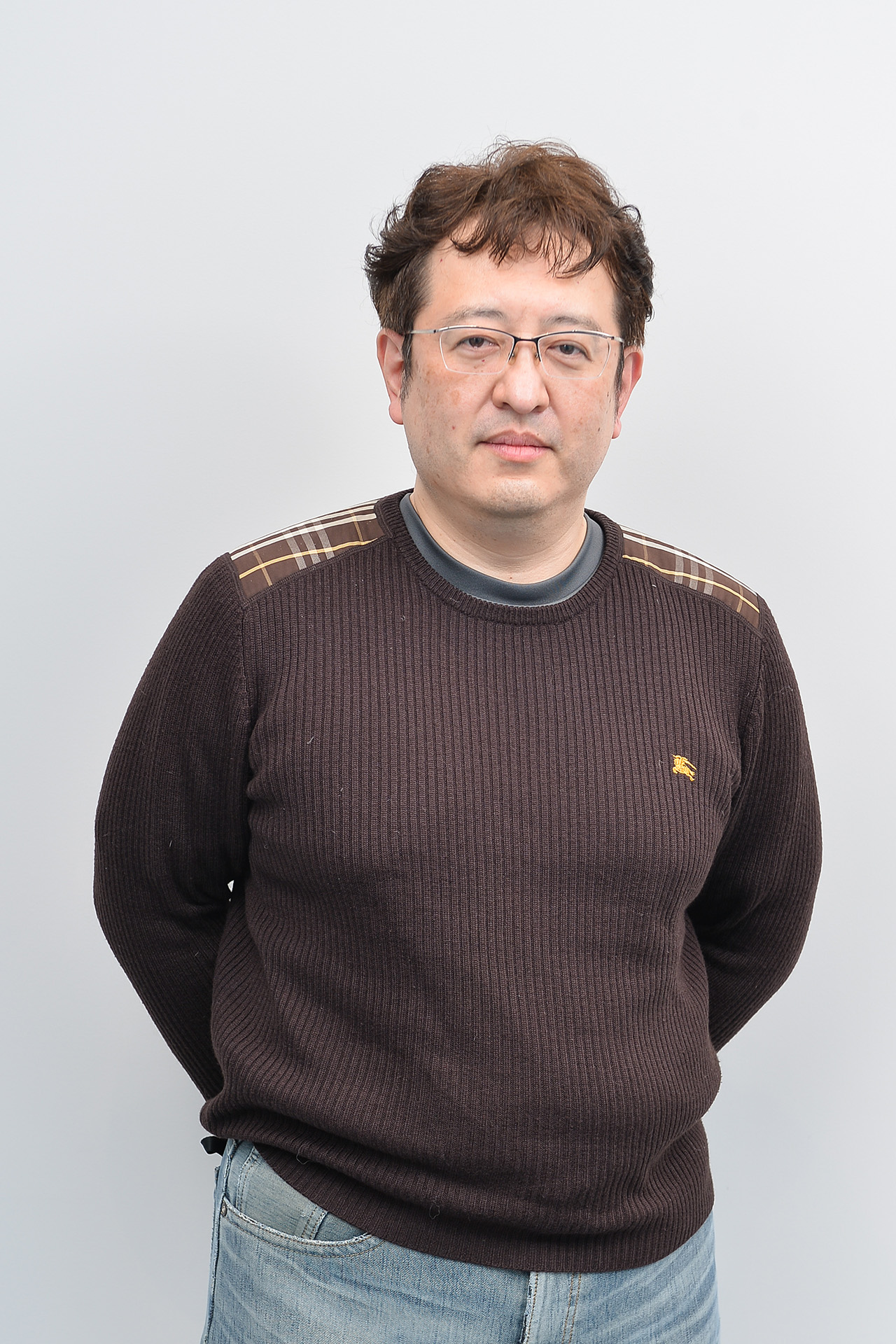
Network Director of SEGA's Phantasy Star Online 2. He worked on titles including Nights into Dreams, Burning Rangers, and Sonic Adventure during his time as a programmer in Sonic Team, then later joined Phantasy Star Online as a lead programmer. He also oversaw the network-related aspects of Phantasy Star Universe and has continued to work on all Phantasy Star titles thereafter.
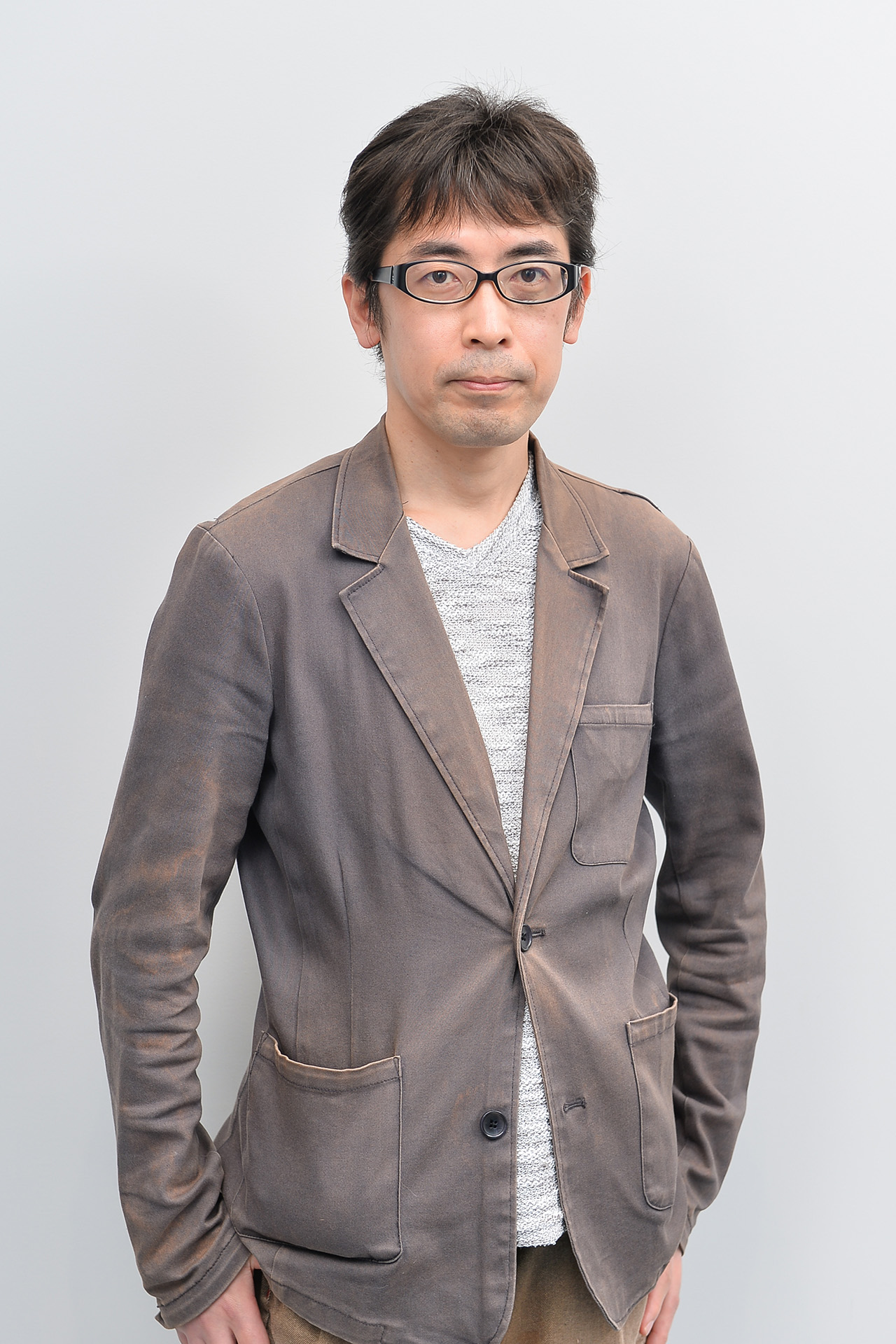
Lead Server Programmer of SEGA's Phantasy Star Online 2 New Genesis. In addition to working on Skies of Arcadia Legends, he was involved in several online games for the Dreamcast, including Guru Guru Onsen 2, Sakura Wars Online, and Guru Guru Onsen 3. He has been supporting the Phantasy Star Online series alongside Mr. Setsumasa starting with Phantasy Star Universe. Incidentally, Mr. Agura has been playing FFXI since the beta testing days.
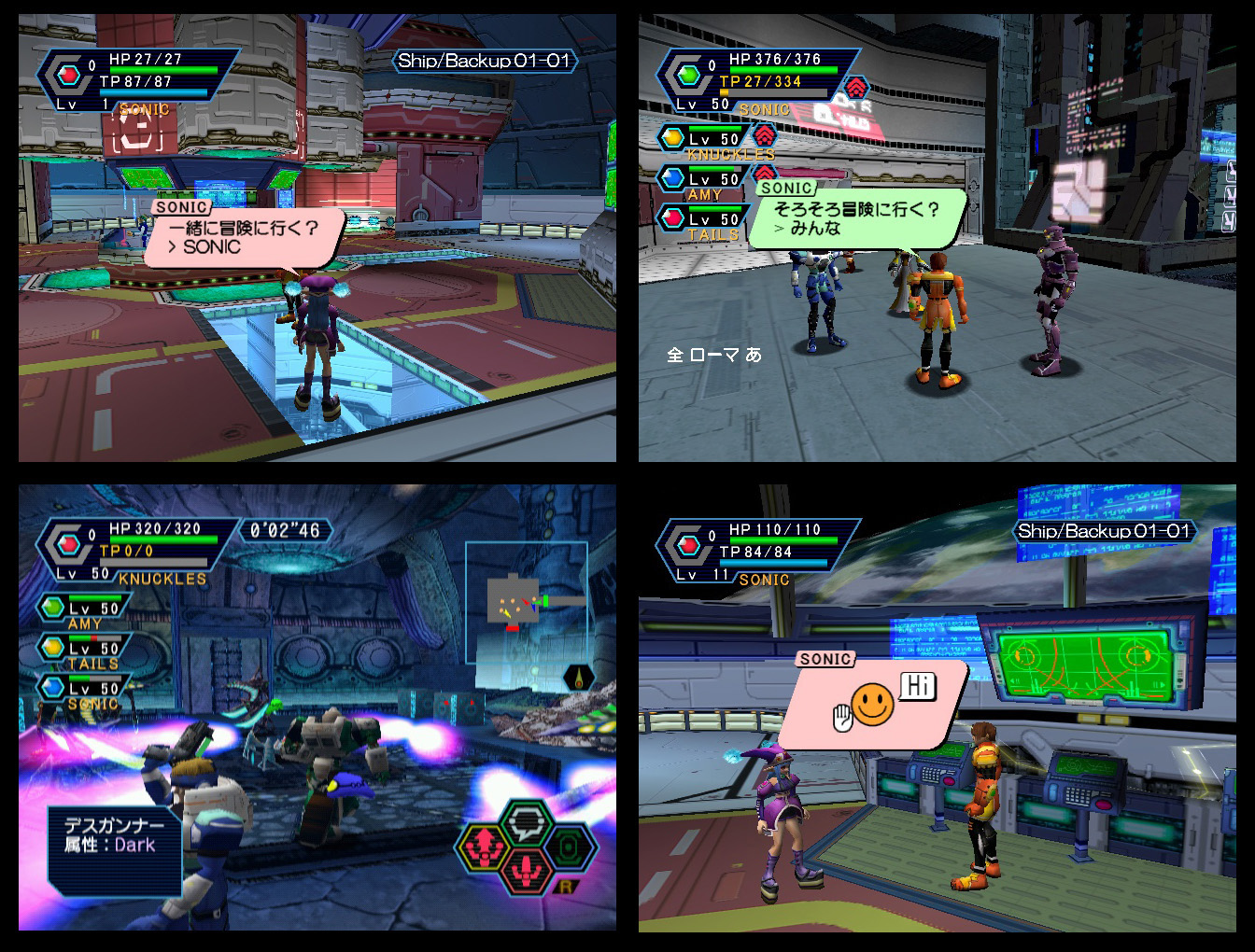 Phantasy Star Online is an action RPG for the Dreamcast released by SEGA in 2000, which introduced online multiplayer to players around the globe as the first 3D online RPG for consoles. It is currently succeeded by the ongoing latest entry in the series, Phantasy Star Online 2 New Genesis.
Phantasy Star Online is an action RPG for the Dreamcast released by SEGA in 2000, which introduced online multiplayer to players around the globe as the first 3D online RPG for consoles. It is currently succeeded by the ongoing latest entry in the series, Phantasy Star Online 2 New Genesis.
The system that impressed Director Fujito
After various trials and tribulations during Phantasy Star Online’s (PSO) development, the game was finally released in 2000, which happens to be the same year Mr. Agura joined SEGA.
- 安倉
PSO was released in December of the year I was hired. I remember being allowed to see the beta version when it was still in development. I was making card games for Guru Guru Onsen 2 at the time and was shocked to learn that a different division was already working on an online RPG of that caliber.
- 松井
I remember PSO having a huge presence in gaming media, but what were your thoughts on its reception by players?
- 節政
I’d say there were two key points; the first was during Tokyo Game Show, where we lined up four Dreamcasts and showcased four players fighting together in real time. That demonstration proved popular with our audience. The other point was the fact that we made accommodations for the players who wouldn’t or couldn't play online.
- 松井
After all, a lot of people didn't have internet access back then.
- 節政
With that in mind during development, I paid close attention to whether the game would still be enjoyable when played as an offline singleplayer RPG. SEGA hadn’t seen much success in the RPG genre before, and if anything, people probably saw us as more of an “action game developer.” These facts motivated me all the more to emphasize that PSO was an RPG. I made sure that progressing through the game would rely more on character growth and obtaining items rather than action-based elements. When I felt that we'd successfully made a game that was more RPG-like in essence, I sensed that it’d be well-received by players.
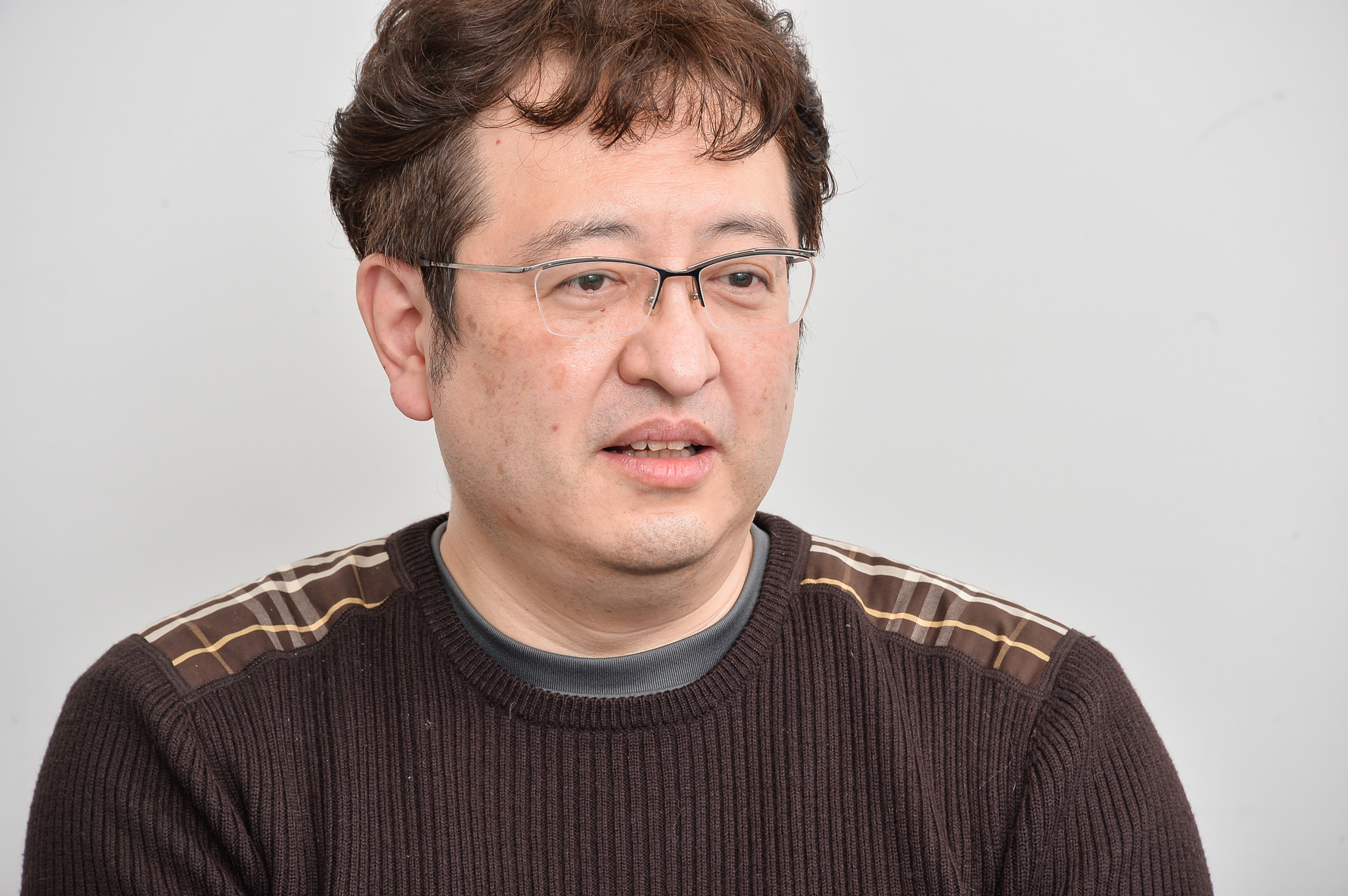
PSO was certainly full of memorable moments, whether it be the joy of obtaining a powerful weapon or the astonishment of being defeated in a single hit from a powerful enemy.
- 節政
Those who played PSO for the first time were probably surprised by how strong the enemies were. But as you gradually obtain new gear, you could eventually defeat the enemies you couldn’t take on before. I was careful about those kinds of aspects during development.
PSO and FFXI are games of different genres, as one is an MORPG and the other is an MMORPG. That said, how did you react when PSO, another online RPG, was released?
- 松井
To be honest, I half-wished that we’d been first instead. I felt like we’d been outdone in the online RPG category. At the time, the FFXI team had already been formed and development was underway, and I saw some of our staff playing PSO in their free time. I hadn’t played Diablo* yet, so I saw PSO and thought, “Wow, so there are games like that.”
* Diablo is a hack-and-slash game by Blizzard Entertainment, considered to be a pioneer of multiplayer online role-playing games. - 藤戸
I was simply stunned that they were able to incorporate online multiplayer into an action game of that caliber. Also, as I was in charge of FFXI’s chat-related features, I saw PSO’s unique communication system and wished I’d thought of it myself. Seeing just how amazing their game was, I thought, “FFXI has to outdo THIS...?”
Ah, that’s right, PSO had the Word Select System* so you could communicate with players who speak a different language.
* Word Select System was a chat system in PSO where words and phrases could be combined to form sentences, which were then automatically translated into each player’s display language.- 藤戸
Hooking up a keyboard to your game console is taken for granted nowadays, but many players didn’t have a keyboard back then, which is why FFXI has a software keyboard feature. But typing with a software keyboard takes time, so we tried all sorts of things to make it easier, one such idea being a system similar to the “flick input” method when typing Japanese on smartphones today. That’s when PSO was released along with its Word Select System, which simplified inputs and even formed sentences for you. Having seen that, instead of making a feature that formed sentences like in PSO, we made a supplementary dictionary for FFXI that assisted with Japanese inputs. The PlayStation 2 version was originally released in Japan only, so at first, the dictionary was limited to assisting with Japanese inputs at first. It was only after FFXI was made available in North America that the dictionary began to be used as a translation feature.
Was the Word Select System included in PSO because you were planning for a global release?
- 節政
That's right. When we first decided on a global release, we brainstormed how we could help players overcome language barriers. We eventually concluded that sentences didn’t have to be grammatically accurate as long as their intentions were clear. From there, we thought of a system where entering Japanese words would display their English equivalents on the other person’s screen. This resulted in the Word Select System, which allowed players to communicate even if their grammar wasn’t perfect.
- 藤戸
Another feature I really wish I’d thought of was Symbol Chat. When I saw it, I just knew there was no way we could outdo them in that department.
* Symbol Chat was a system where players could combine shapes and lines to form pictographs known as “symbols.” Symbols could then be displayed in chat using shortcuts and could be accompanied by sound effects. Some players even dedicated themselves to creating detailed illustrations from these simple parts.
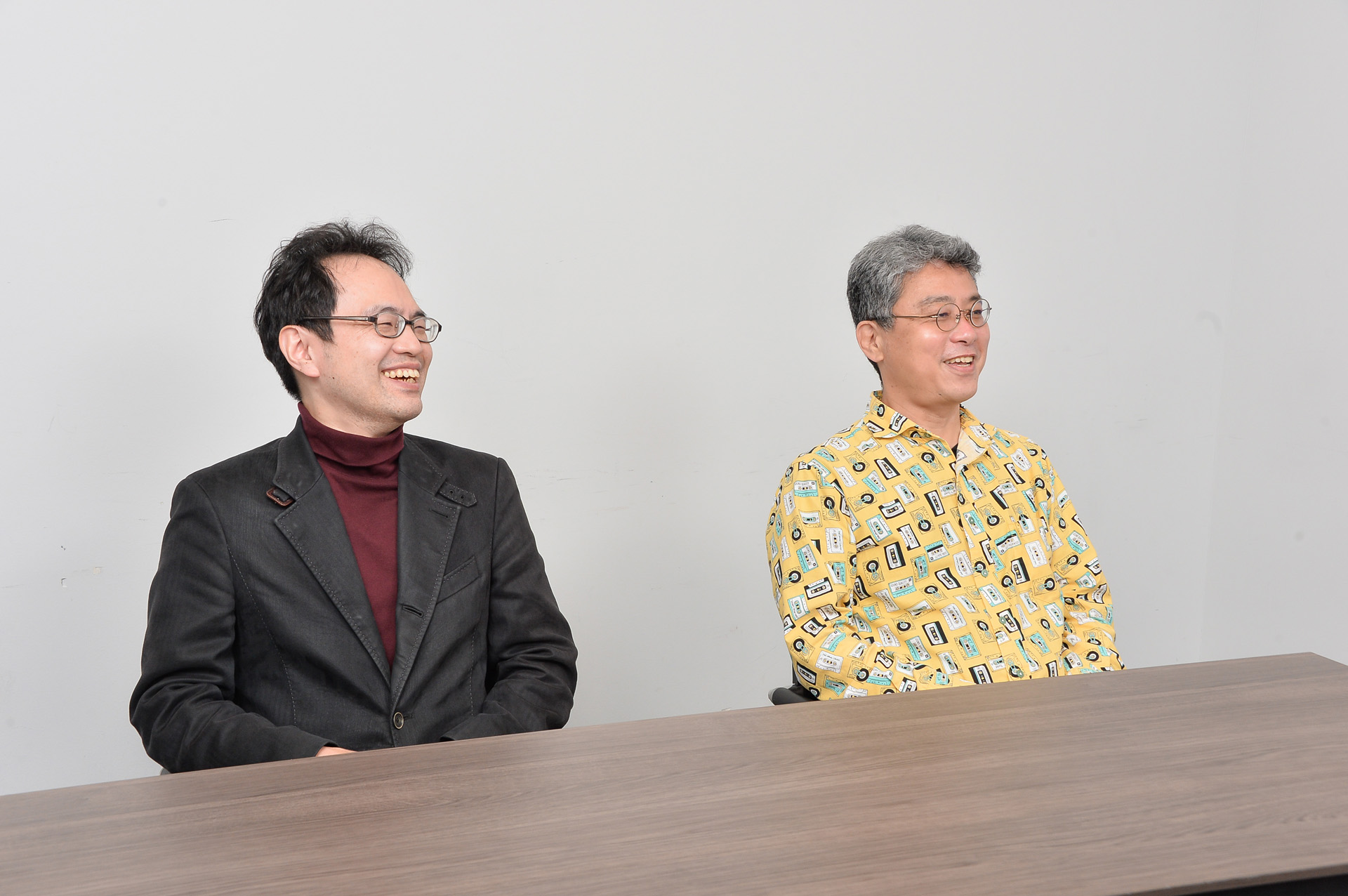
- 節政
Symbol Chat began from a desire for something similar to emojis, and was meant to be a way to convey emotions more so than meaning. You could make pictures by combining facial expressions and other simple parts, which really took off in the community as players made their own symbols in creative ways.
- 松井
A lot of pressing matters need to be addressed after an online game is launched, but was there anything you struggled with after launching PSO?
- 節政
A major problem after releasing the game was the matter of addressing in-game issues. PSO was played from a CD-ROM instead of being installed on a hard disk, so it wasn’t possible for us to patch the client data. All we could do was keep addressing issues by making changes to the programming on the server side. But there were some issues that just couldn’t be addressed in that manner, and we ended up releasing Ver. 2 later on.
Ver. 2 introduced a new difficulty mode and other additional content, but now we know bug fixes were behind its release as well.
- 節政
The bug fixes were the biggest reason behind it. On top of that, another issue was that players reached level 100 much sooner than we’d anticipated. As such, we added a new difficulty for high-level players and made balance adjustments to classes in Ver. 2.
Mr. Agura, did you experience similar struggles when working on Guru Guru Onsen 2?
- 安倉
Guru Guru Onsen 2 didn’t have many issues with lag or anything like that since tabletop games were its primary focus. On the other hand, there were certain situations we had to account for, like when a player disconnected from a match. The match keeps going even if someone disconnects, so we had an AI play for the missing player, who would be able to take over if they managed to reconnect. But for some reason, cards were placed differently on the returning player’s screen compared to the others. We had a pretty rough time addressing issues like that surrounding disconnecting players.
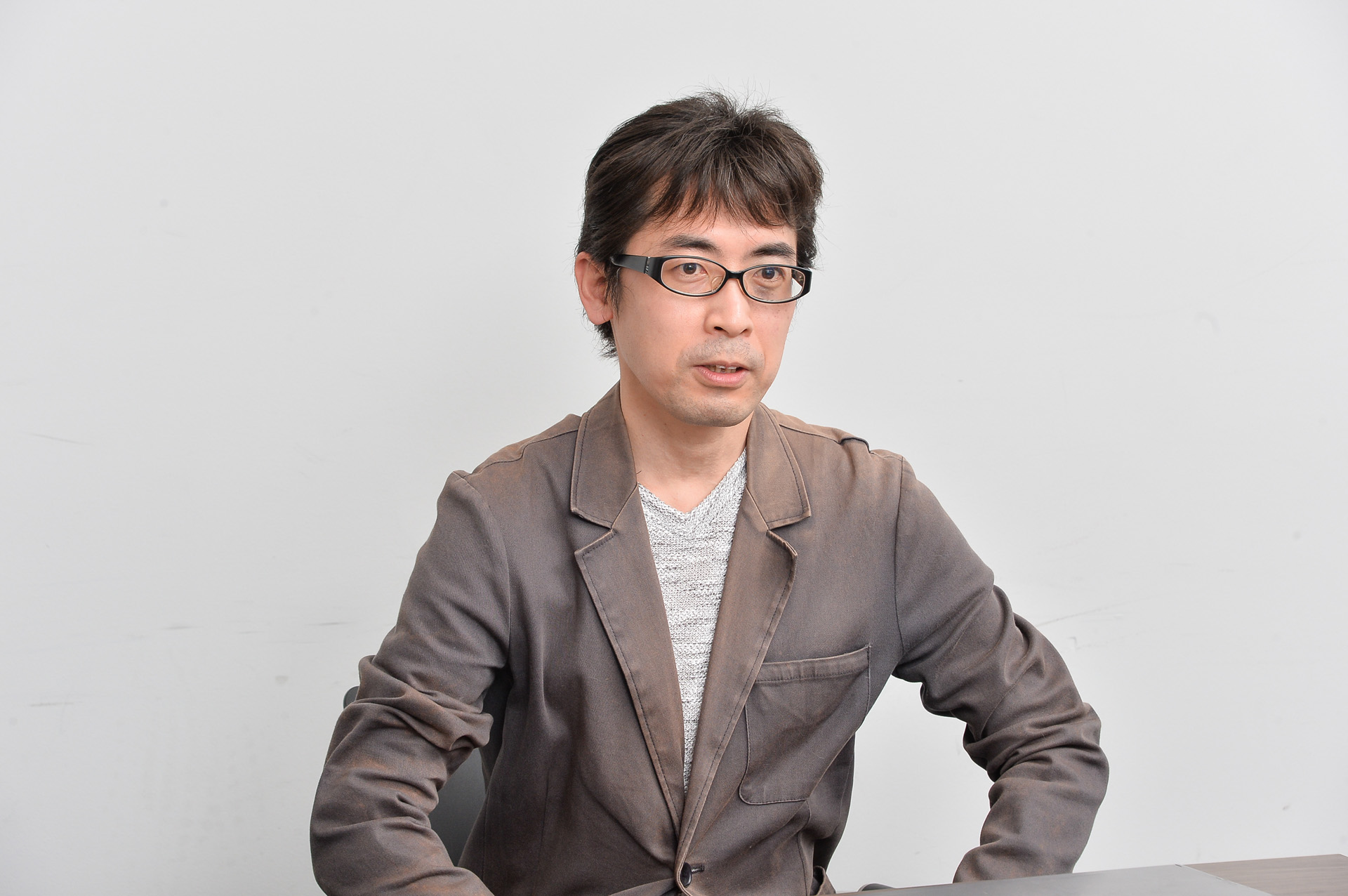
- 松井
Assuming SEGA had multiple divisions working on different online games at the same time, did you share techniques with other divisions?
- 節政
This may come as a surprise, but each team was doing their own thing.
- 安倉
That's right, there was hardly any technology being shared between different divisions. That said, although the development teams had been split off*, all of our offices were still in the same building, meaning we could easily visit the other offices on the other floors, and there were exchanges on an individual level.
* In 2000, Sega Enterprises split its development divisions into nine developer companies for efficiency of development. R&D No.8, which was developing PSO and other titles, became Sonic Team. Each of the companies were later merged back into SEGA in 2004. Mr. Matsui, what do you think of all the behind-the-scenes stories we’ve heard about PSO’s pioneering venture into the world of online games?
- 松井
It’s all very fascinating to hear! Some of their stories I could sympathize with as a fellow developer, while others revealed major differences in our development environments despite there only being two years between us. On the earlier topic of network latency, for example, when FFXI was developed two years later, I’d like to think we subconsciously knew what would happen when playing on overseas connections or with heavy lag based on our experiences in EverQuest. FFXI didn’t have any network-related issues during its development up to the beta test, which might’ve been thanks to advancements that took place during those two years.
* EverQuest is an MMORPG released in North America in 1999.
* Part 4 will be available on August 24, 2022.
© SEGA



